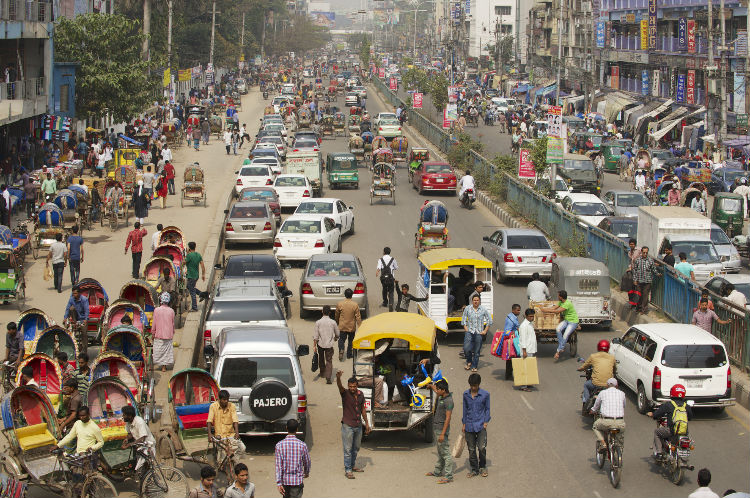March 6, 2018 Reading Time: 2 minutes
Your weekly digest of foreign policy commentary:
 Reading Time: 2 min read
Reading Time: 2 min readKumuda Simpson asks whether developed governments are prepared to tackle the security implications of climate change. Image credit – dchulov / deposit photo
How Can Sri Lanka Shape the Commonwealth Beyond 2018?, Daily FT (Sri Lanka), by Ganeshan Wignaraja, Chair of the Global Economy Programme, and Myra Sivaloganathan, former Research Associate at LKI
“In a time when populism and authoritarianism appear on the rise, Commonwealth countries should publicly recommit to their democratic institutions”
LKI Take: The Commonwealth is experiencing a new ‘window of opportunity’ as a result of Brexit. However, given that Brexit itself has emerged from growing populism, it is worth considering how such populism might challenge efforts to further liberal values in the Commonwealth.
India’s Choice in the Maldives, Project Syndicate, by Brahma Chellaney, Professor of Strategic Studies at the New Delhi-based Center for Policy Research and Fellow at the Robert Bosch Academy in Berlin
“India’s best option is to hold out a credible threat of military action, while imposing, together with other democratic powers, economic sanctions…”
Climate Change and Security and Why It’s so Hard, Lowy Institute, by Kumuda Simpson, Lecturer in International Relations in the Department of Politics and Philosophy, La Trobe University, Melbourne
“Climate change and its security implications must become integrated into Australia’s long-term thinking about economic, strategic, and diplomatic policy in the region.”
Written by Barana Waidyatilake and Malinda Meegoda, and edited by Anishka De Zylva.